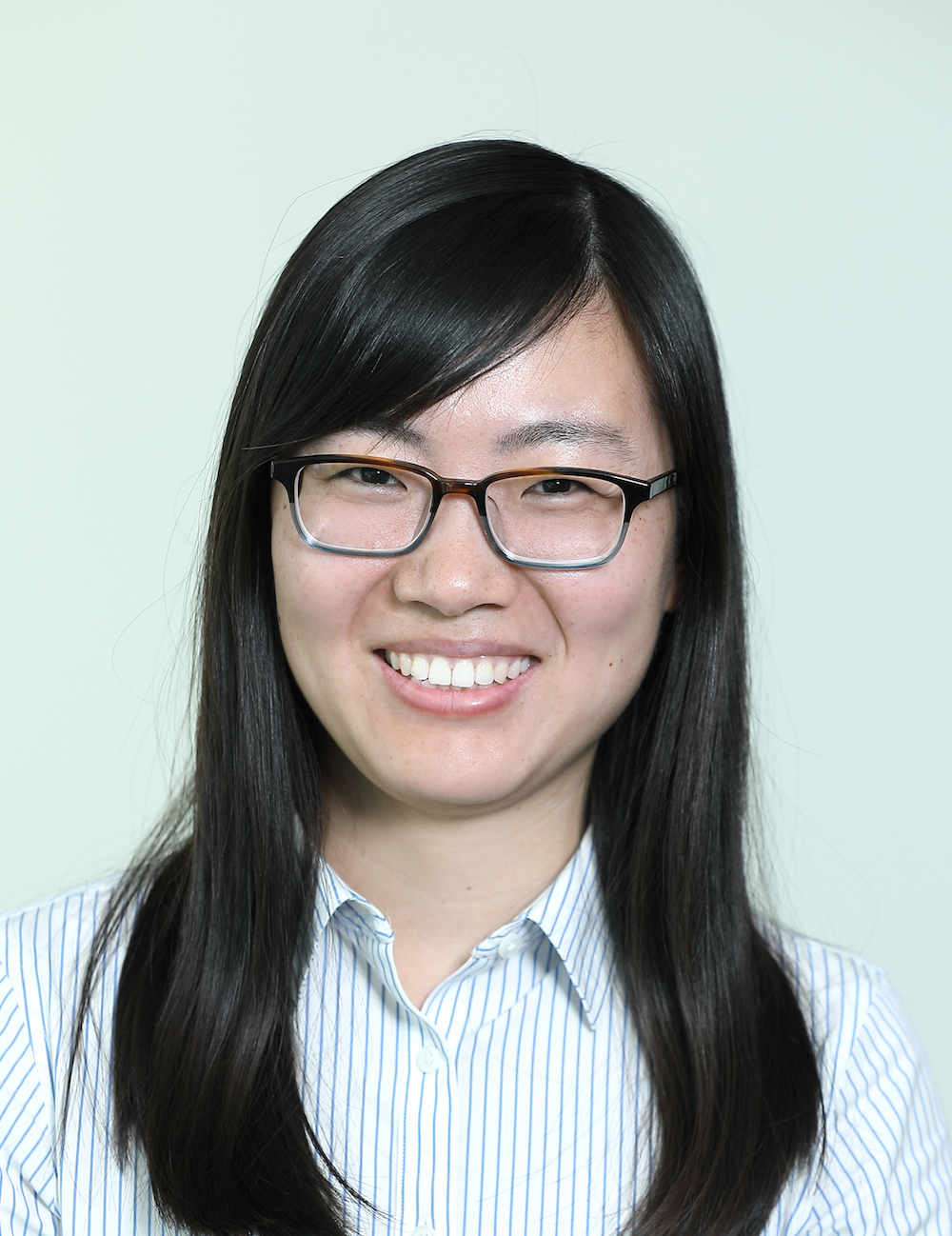About

Xiaofang Jiang, PhD
Tenure Track Investigator, NLM DIRWe are a bioinformatics research group that is broadly interested in microbial and viral genomics, with a primary focus on human health and disease.
Lab Website
Contact Information
Building 38A, 8600 Rockville Pike MSC 6075 Bethesda, MD 20894
Tel: (301)827-2055
Research Interests
We are dedicated to uncovering the hidden intricacies of the microbial world, delving into the fascinating realm of host-microbe interactions, viral genomics, and the vital role played by the gut microbiome in human health. Employing a holistic approach that combines genomics, bioinformatics, computational modeling, and deep learning, we strive to acquire a comprehensive understanding of the relationships between microorganisms and their profound influence on various biological processes. Our ultimate objective is to illuminate the enigmatic aspects that shape our microbial ecosystem, fostering groundbreaking advancements in this field.
One particular area of our focus revolves around the exploration of diverse microbial enzymes residing within the gut microbiome and their implications for human health and physiology. We dedicate significant efforts to investigating enzymes involved in bilirubin reduction to urobilinogen, a critical process for maintaining balanced bilirubin levels in the body. Through the application of cutting-edge techniques such as comparative genomics, structural modeling, and metagenomic analysis, we have made substantial strides in identifying the genetic and enzymatic factors responsible for this metabolic pathway. These findings not only deepen our understanding of the interplay between the gut microbiome and host physiology but also pave the way for innovative strategies to address bilirubin-related disorders, thereby promoting overall health.
We actively delve into the vast landscape of microbial enzymes involved in glycan interactions. Our aim is to uncover novel types of enzymes engaged in glycan synthesis and degradation. As essential macromolecules for life, glycans hold numerous secrets that we are progressively unraveling, commencing with the enzymes responsible for their synthesis and breakdown. We possess a profound interest in deciphering the intricate interactions between proteins and glycans. By unraveling the specific binding patterns and functional consequences of these interactions, we seek to comprehend the molecular language governing critical processes such as cell signaling, immune responses, and disease pathogenesis.
Biography
Dr. Jiang started her research program at the National Library of Medicine in August 2019. Prior to joining the NLM, she performed postdoctoral research at MIT and the Broad Institute. During her postdoctoral training, she developed tools to annotate mobile genetic elements from the gut microbiome and identify phase variable regions in bacterial genomes. Her findings on invertible promoter mediate bacterial phase variation, antibiotic resistance, and host adaptation in the gut were published in Science (2019). Dr. Jiang earned her Ph.D. in Genetics, Bioinformatics, and Computational Biology from Virginia Tech in 2016.
